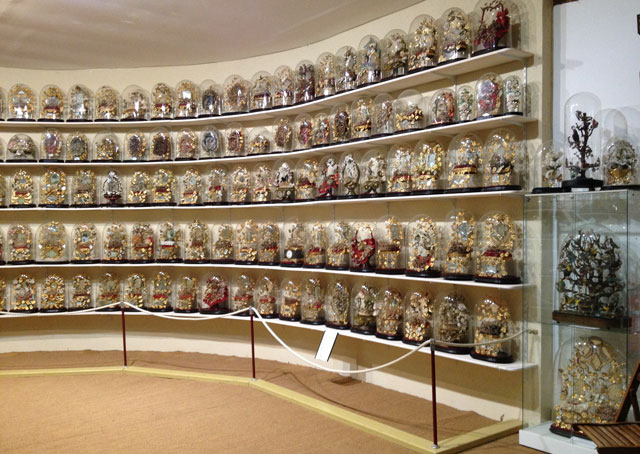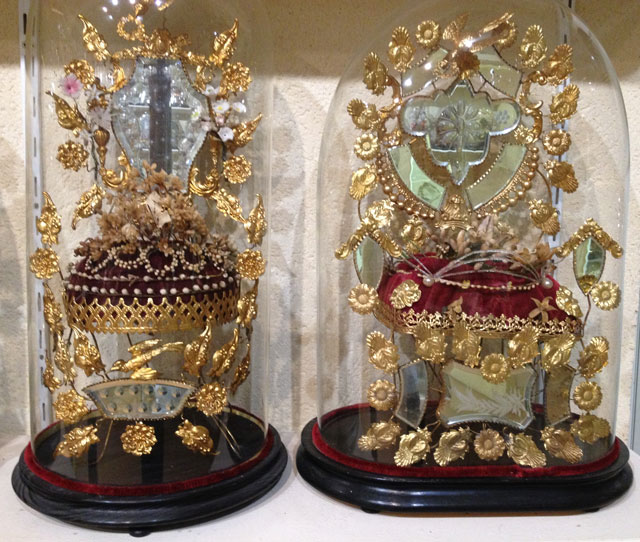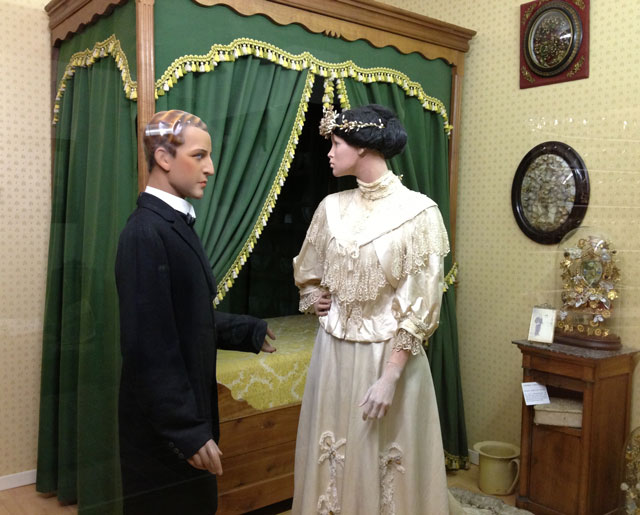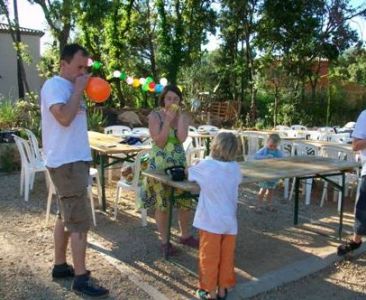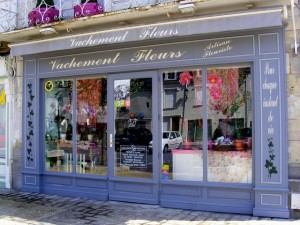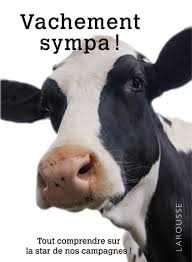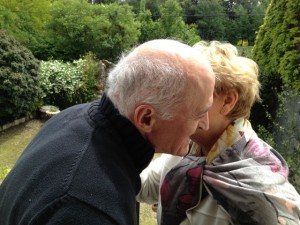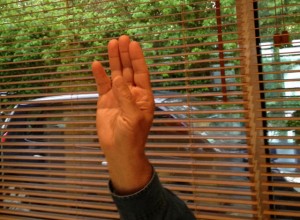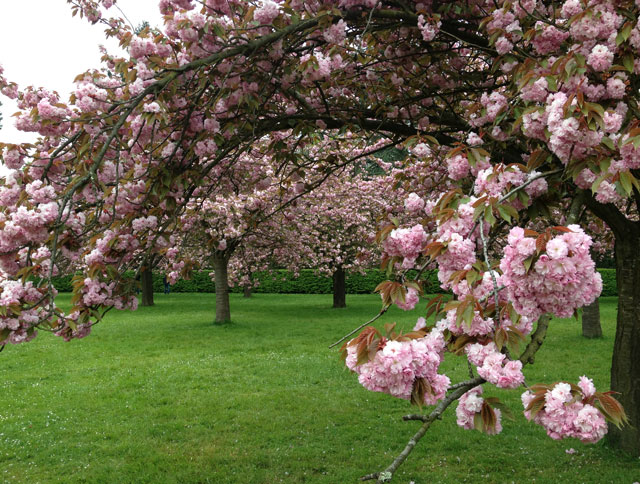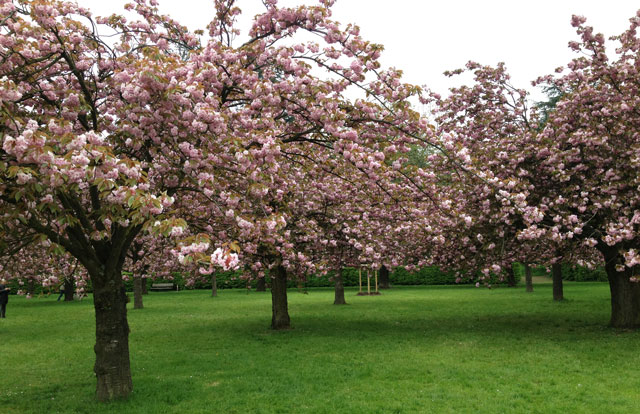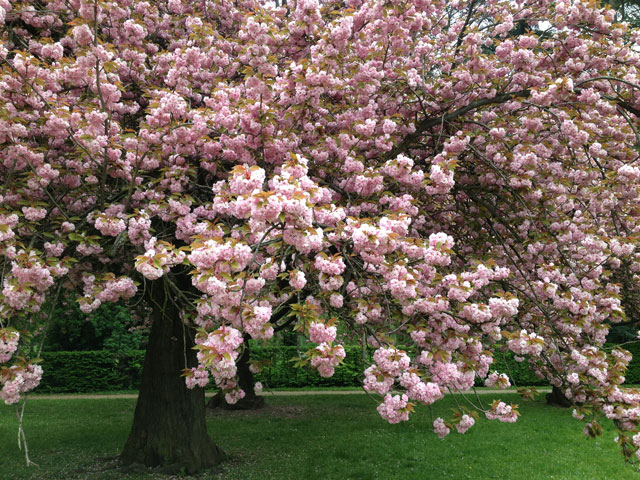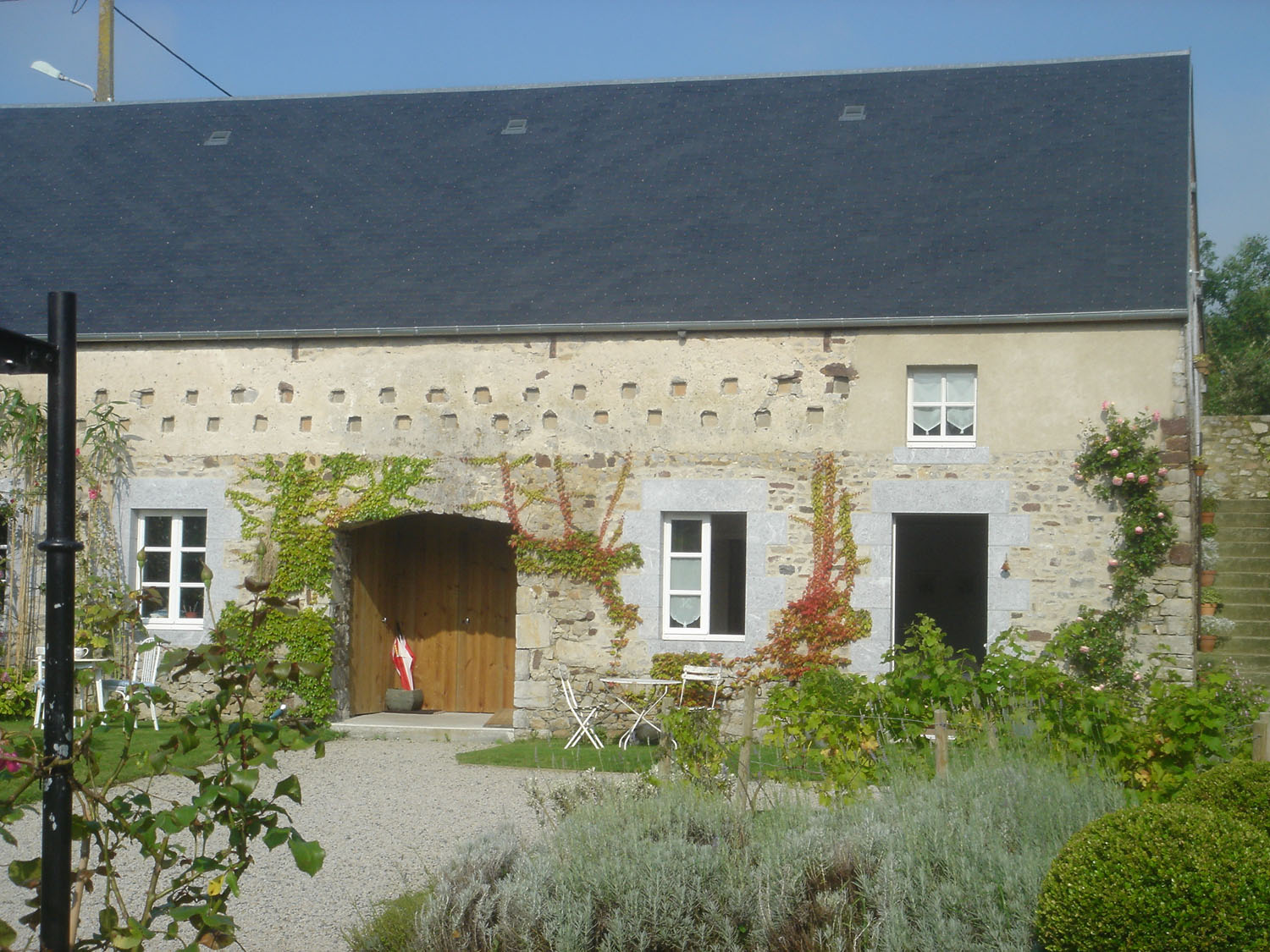It took me a while to actually understand what this expression is all about. Autant usually means “as much as” or “as many as”, such as prenez autant que vous voulez – take as much as you want. Autant pour moi may be short for C’est autant pour moi with the general idea being “so much for me”.
I have since discovered a more plausible explanation. It seems that the real expression is au temps pour moi, of military origin where temps is the precise moment in time at which certain movements are made and distinguished by a pause when using a weapon. It’s the same idea as “marching in time” or “clapping in time”. Saying au temps pour moi is like admitting you weren’t in time.
But the origin remains a controversy and today, autant pour moi is found at least as often as au temps pour moi. The Collins-Robert bilingual dictionary gives “It’s my mistake” as a translation, which is pretty close to the idea being conveyed.
However, the real meaning is a lot subtler than that, as I have come to realise over the years. It is actually a male substitute for an apology about being wrong.
I don’t know about other Anglophone countries, but Australia is a very apologetic nation. People are always saying they’re sorry about something, even when it’s not their fault.
It’s not very French though. Je suis désolé(e) exists of course, and is used, when a woman, in particular, wants to express commisseration e.g. je suis désolée d’avoir appris que vous avez été cambriolée – I’m sorry to learn you have been burgled.
Very often, only the past participle is used, without the verb, and the meaning is much more cursory, e.g. désolé d’être en retard – sorry I’m late.
More often than not, it is used to convey exactly the opposite, Je suis désolé mais je n’irai pas – I’m sorry but I’m not going, which is also a perfectly acceptable English usage as well, the difference being that it is used more often in French.
The reflexive verb s’excuser is far more frequently used than désolé in the apologetic sense. Excusez-moi d’être en retard – literally “forgive me for being late” but more like our “I’m sorry I’m late” in terms of frequency and register.
You can also say je vous demande pardon or je vous demande de me pardonner, both of which are sincere apologies for having done something undesirable. Ditto for je vous présente mes excuses.
To apologise for being wrong is something altogether different and seems to go against the grain. This is where autant pour moi comes in. Someone makes a blatant error, insisting upon it until you prove they’re wrong. When you finally produce evidence, they say with a shrug autant pour moi.
There is another version of excusez-moi which is typically French as well : je m’excuse – literally “I excuse myself!” At least that way there is no fear of their apology being refused … It’s usually used when you’ve finally managed to wring out an apology from some one. The polite form is je vous prie de m’excuser or voulez-vous bien m’excuser. Now je m’en excuse is slightly different and conveys the idea of “I’m sorry about that”.
There are a few other synonyms out there such as contrarié , chagriné, confus, embêté and navré, each conveying a slightly different meaning.
Je suis contrariée d’être en retard : I’m sorry I’m late, with the idea that I really did want to come on time but something prevented me that I couldn’t do anything about.
Je suis chagriné d’apprendre le décès de votre père : I’m sorry to learn of your father’s decease, with the idea of being emotionally affected. It would be a bit OTT to say Je suis chagriné d’être en retard!
Je suis en retard ; je suis vraiment confus, I’m late; I’m really sorry, gives the idea that I am embarrassed about being late. It doesn’t mean “confused” of course. If you want to say “Everyone’s telling me something different. I’m confused”, you could say Tout le monde me dit quelque chose de différent. Je ne sais pas quoi penser. Confusing, huh?
Je suis embêté d’arriver en retard, I’m sorry I’m late, meaning that I am personally annoyed about not being on time and have probably missed out on something.
Je suis navré d’être en retard : I’m sorry I’m late, but I’m polite and well-educated and sincere about it, not just paying lip service.
Sorry about all that confusion – have you got it straight now? What do my French friends think?









